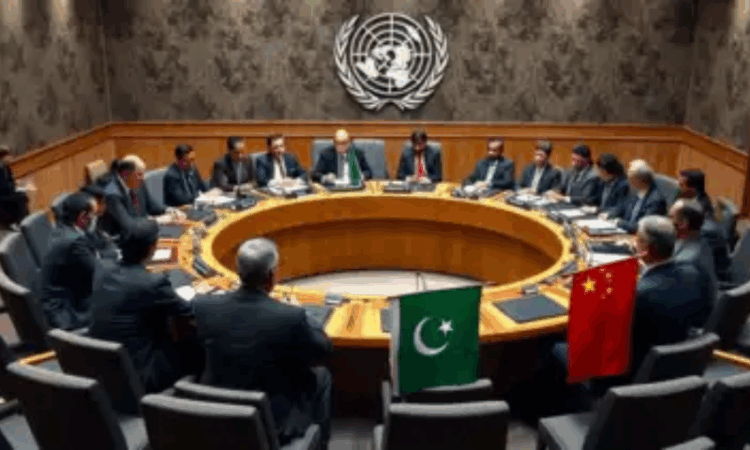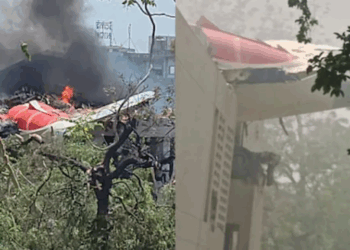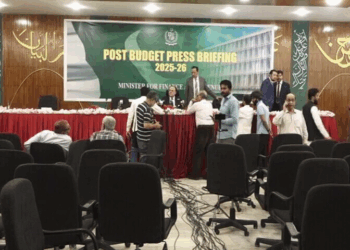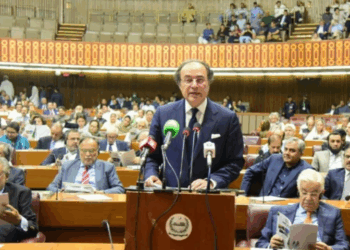United Nations, April 27, 2025: Pakistan has secured a significant diplomatic success at the United Nations Security Council (UNSC) following the April 22 attack in Pahalgam, with the Council’s response carefully avoiding the strong language used in past incidents, such as the 2019 Pulwama episode.
After four days of negotiations, the UNSC issued a statement condemning the attack but notably stopped short of directly implicating the Indian government. Instead, it urged cooperation with “all relevant authorities,” a softer approach that marked a shift from earlier reactions.
Crucially, the statement mentioned “Jammu and Kashmir”, a long-disputed term. while omitting “Pahalgam,” which New Delhi had strongly pushed to include to assert India’s territorial claim over the region. Pakistan’s diplomats worked intensively with Council members to prevent the adoption of language they viewed as prejudiced.
The communique, originally drafted by the United States, could not reach full consensus and thus did not advance into an official UNSC resolution. India’s attempts to incorporate stronger terminology faltered, while Pakistan successfully defended its stance, reinforcing the international perception of Jammu and Kashmir as a contested region rather than an undisputed part of India.
The attack has triggered a spike in tensions between the nuclear-armed neighbors. India has suspended the Indus Waters Treaty, a critical bilateral agreement, while Pakistan retaliated by closing its airspace to Indian airlines. Diplomatic engagements have sharply declined, with both countries scaling back high-level contacts.
Prime Minister Shehbaz Sharif condemned the attack and called for a “neutral, transparent, and credible” investigation, offering Islamabad’s cooperation in any international inquiry. Defence Minister Khawaja Asif, meanwhile, warned that the situation could escalate into “all-out war” if not handled with extreme caution.
In a new development adding to the strained atmosphere, India released a sudden flow of water from the Indian-Illegally Occupied Jammu and Kashmir (IIOJK) into the Jhelum River without prior warning. The abrupt release has caused water levels to rise sharply, creating near flood conditions, with 22,000 cusecs of water now coursing through Muzaffarabad’s Domel region.
As tensions continue to mount, Iran has stepped forward, offering to mediate and ease the growing hostility between Islamabad and New Delhi.








